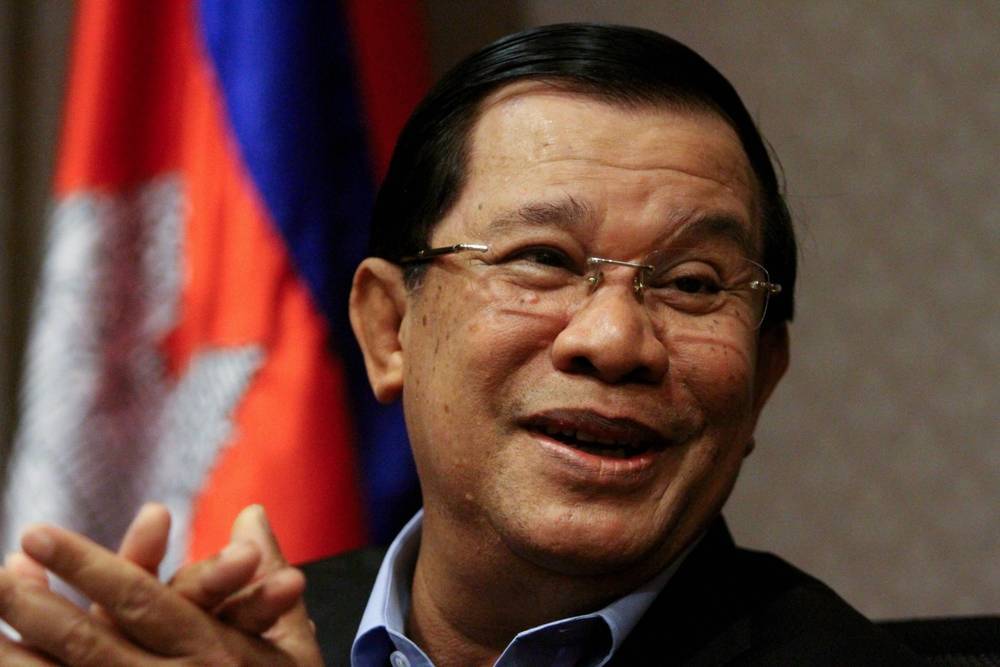Prime Minister Hun Sen has issued a warning about the ongoing threat of HIV infections in Cambodia, particularly among men who have sex with men (MSM).
In 2022, the country witnessed a significant increase of 300 new cases of HIV compared to the previous year.
Prime Minister’s Call for Vigilance and Prevention
Urging increased vigilance, the Prime Minister emphasized the importance of condom use in preventing the transmission of HIV. While Cambodia has not enacted a same-sex marriage law, it does not discriminate against same-sex relationships. However, advocates are calling for greater rights and legal recognition for same-sex couples, highlighting the need for marriage equality laws.
Push for Marriage Equality Laws to Protect LGBT Rights
The Prime Minister emphasized that the rising infection rate among MSM is alarming and requires attention. He was addressing workers from various factories. He expressed less concern about heterosexual individuals but stressed the importance of comprehensive preventive measures. Condoms were highlighted as the most effective means of preventing HIV transmission. Additionally, he urged the public to use them consistently.
Also, the Prime Minister called upon businesses and institutions to avoid discrimination against individuals living with HIV/AIDS. He also urged to promote awareness about the virus and its prevention. The Cambodian Centre for Human Rights (CCHR) is working towards enhancing LGBT rights and advocating for marriage equality laws that would grant same-sex couples the same rights as heterosexual couples.
National Efforts to Raise Awareness and Testing
The National AIDS Authority (NAA) has taken steps towards achieving the first 95 goal, which aims to ensure that 95% of people living with HIV/AIDS are aware of their status. The NAA plans to achieve this through public education campaigns and regular testing initiatives.
Data on HIV/AIDS in Cambodia
According to the Cambodia HIV Statistics factsheet released by UNAIDS, as of 2021, the country was home to 74,000 people living with HIV, with 62,561 individuals receiving antiretroviral medicines. Cambodia has a history with HIV. In the 1990s, Cambodia faced a severe HIV epidemic, with high infection rates and limited resources for prevention and treatment. Factors such as a lack of awareness, limited access to healthcare, and societal stigma contributed to the rapid spread of the virus. The government, civil society organizations, and international partners recognized the urgency of the situation and collaborated to implement comprehensive strategies to curb the epidemic. Since then, they have managed to control the widespread rate of infection, and continue to be diligent in doing so.
In Conclusion
In conclusion, Prime Minister Hun Sen’s warning about the increasing HIV infections among MSM in Cambodia highlights the need for urgent action. Efforts should focus on promoting condom use, raising awareness about HIV prevention, and addressing legal rights and recognition for same-sex couples. Cambodia can work towards reducing the spread of HIV and ensuring that individuals living with HIV/AIDS receive the necessary support and care. This can be done through comprehensive strategies, public education, and increased testing.

